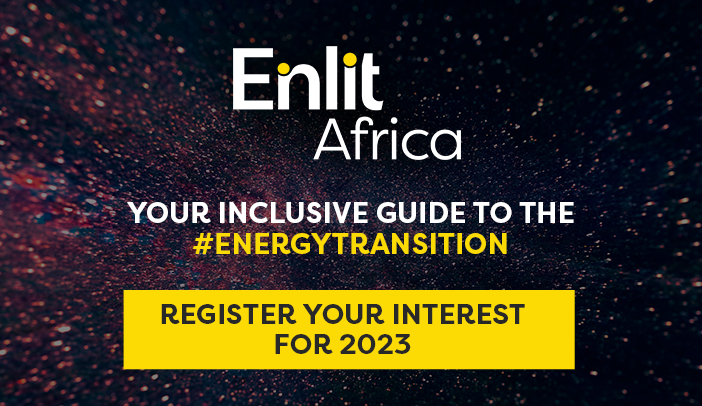- South Africans have been facing the worst period of loadshedding yet with up to 10 hours of power outages daily.
- And with looming electricity tariff hikes and no sign of power outages slowing down, South Africans have taken to various social media platforms to express their displeasure.
Currently, South Africa’s state utility Eskom has placed the country under Stage 6 loadshedding, during which residents can expect to endure at least 4 hours of blackouts, twice a day until further notice. For some municipal districts, this means that consumers can expect 12 hours of scheduled blackouts on any given day.
As the hashtags #Stage6Loadshedding, #Eskom and #NationalShutdown, trended on twitter in South Africa over the weekend, many social media users took the opportunity to vent their frustration.
Some Twitter users had this to say:
To add insult to injury, the National Energy Regulator of South Africa (NERSA) also recently announced their approval of an 18.65% electricity tariff increase, which will take effect beginning in April 2023. Given Eskom’s poor performance, many were unenthused, questioning the logic of the decision.



“Daylight robbery”
South African residents were not alone in their outcry as political representatives, councils and unions also made clear their stance on the situation. Sizwe Pamla, the spokesperson of South Africa’s largest trade union, COSATU, commented saying that NERSA‘s approval of the 18.65% tariff hike is insensitive and careless.
The Black Business Council has also contributed their view, pointing out that the rolling blackouts, coupled with the tariff hike, would lead to even more job losses and business closures.
The Democratic Alliance also weighed in, calling the tariff hike “officially sanctioned daylight robbery”:

“Another blow to already hard-pressed citizens”
Other public figures, including Western Cape Premier Alan Winde and UDM President Bantu Holomisa, also held nothing back, pointing out that the tariff hike poses the threat of further widening the country’s cripplingly large inequality gap.



Loadshedding pushing up everyone’s blood pressure
In response to the tariff hike announcement, several organisations, including the Azanian People’s Organisation (AZAPO) and the Democratic Alliance, have issued calls to participate in protest action against the issue.
The Democratic Alliance called for a march to Luthuli House at the end of January. Meanwhile, the Azanian People’s Organisation (AZAPO) released a statement informing the public of their intent to march to the NERSA offices today, 16 January 2023, at 12pm to protest what they characterised as a “bizarre, regressive, callous, inhuman” tariff increase.
As all of this unfolds, the hashtag #NationalShutdown also trended on South African Twitter over the weekend as citizens proposed a national lockdown to march to parliament on 9 February 2023, the day of the South African SONA (State of the Nation Address).



















